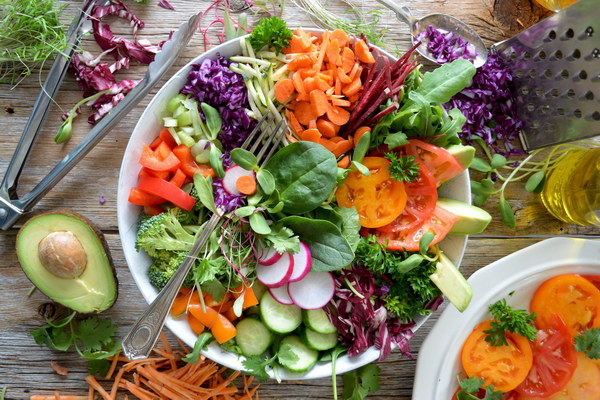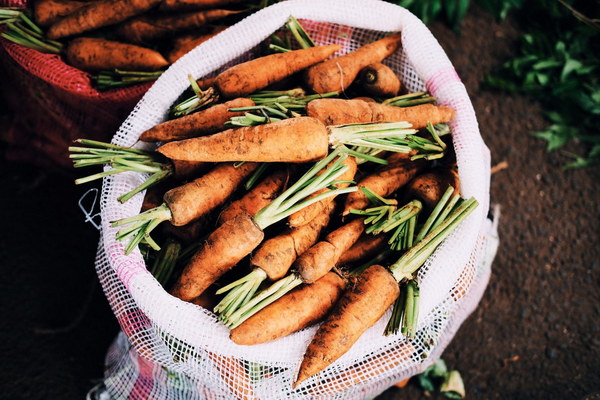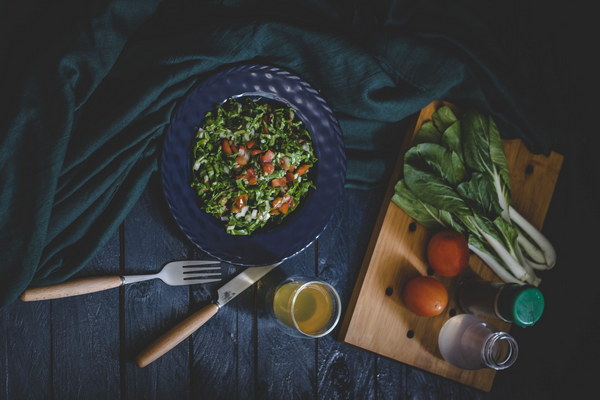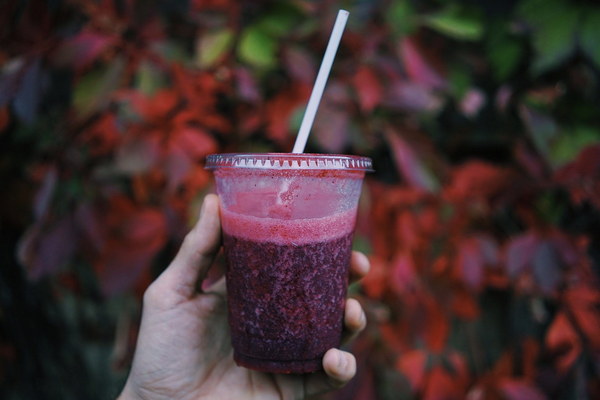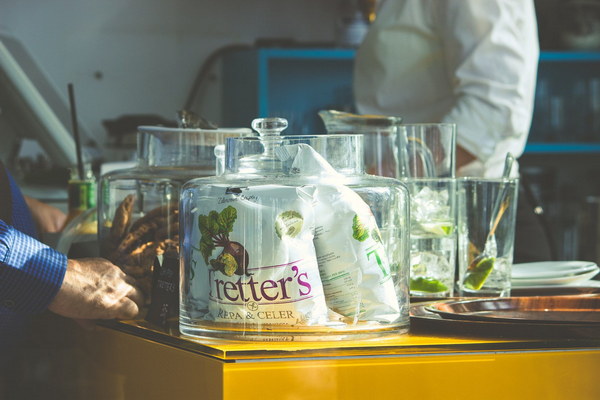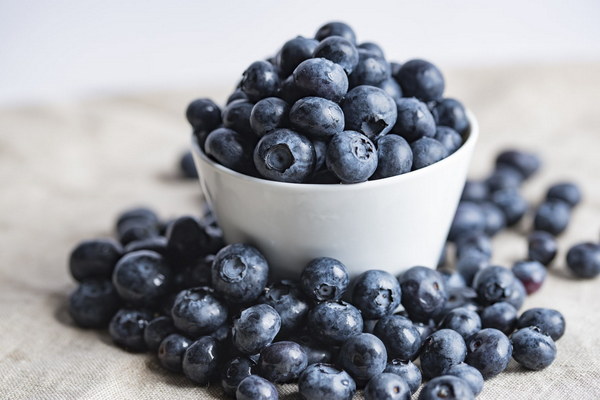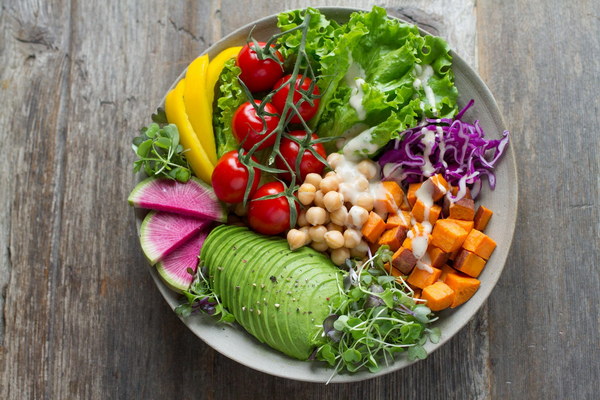Winter Wellness The Art of Winter Tonification and Traditional Chinese Nutrition
As the temperatures drop and the world outside becomes a canvas of crisp whites and deep blues, the body responds to the changing seasons with a natural inclination towards conserving energy and warmth. This is the perfect time to embrace the concept of winter tonification, a traditional Chinese nutritional practice that aims to strengthen the body's internal reserves and prepare it for the cold months ahead. Here's a comprehensive guide to the art of winter tonification and how to incorporate it into your daily life.
Understanding Winter Tonification
Winter tonification, also known as Bao Yuan or conserving the source, is based on the ancient Chinese philosophy of Yin and Yang, which posits that the body must balance its internal energies to maintain health. During the winter, when the natural world slows down and Yin energy is at its peak, it is essential to nourish and protect the body's Yin essence, which is associated with the kidneys and adrenal glands.
Key Principles of Winter Tonification
1. Warmth over Cold: Emphasize warm foods and drinks to combat the coldness of the season. Spicy and pungent flavors can help stimulate circulation and warm the body from the inside.

2. Nourishing the Kidneys: The kidneys are considered the root of energy in Traditional Chinese Medicine (TCM). Foods that are rich in minerals and vitamins, such as nuts, seeds, and dark leafy greens, can help strengthen the kidneys.
3. Avoid Overeating and Overheating: It's important not to overindulge in heavy or greasy foods, as this can lead to internal heat and discomfort. Instead, focus on light, nutritious meals.
4. Stay Hydrated: Even in the colder months, it's crucial to keep the body hydrated. Warm herbal teas and broths are excellent choices.
Winter Tonification Foods
- Nuts and Seeds: Almonds, walnuts, sesame seeds, and sunflower seeds are all excellent for kidney health and can be sprinkled on salads, mixed into porridge, or eaten as a snack.
- Root Vegetables: Carrots, beets, turnips, and sweet potatoes are not only warming but also packed with vitamins and minerals.
- Meat and Seafood: Chicken, lean beef, pork, and fish are all good sources of protein and warmth. They should be well-cooked and, if possible, served with a side of root vegetables.
- Herbs and Spices: Ginger, cinnamon, turmeric, and black pepper can all add warmth and flavor to dishes while supporting overall health.
- Fruits: While fruits are typically thought of as summer foods, winter fruits like persimmons, pears, and dates can be enjoyed and are rich in nutrients.
Herbal Remedies
In addition to dietary changes, many turn to herbal remedies to support winter tonification. Some common herbs include:
- Ginseng: Known for its energy-boosting properties, ginseng is often used to enhance overall vitality and support the immune system.
- Astragalus: This herb is believed to boost the immune system and increase resistance to colds and flu.
- Goji Berries: These berries are rich in antioxidants and are said to strengthen the kidneys and improve vision.
Practical Tips for Winter Tonification
- Regular Exercise: While it's tempting to hibernate during the winter, regular, gentle exercise, such as walking, tai chi, or yoga, can help maintain circulation and energy levels.
- Adequate Sleep: Winter is a time for rest and rejuvenation. Aim for 7-9 hours of quality sleep each night.
- Mindfulness and Stress Management: Practices like meditation, deep breathing, and mindfulness can help manage stress, which is detrimental to overall health.
Incorporating winter tonification into your daily routine can lead to a more balanced and resilient body, ready to face the challenges of the cold season. By embracing the wisdom of traditional practices and focusing on nutritious, warming foods and herbs, you can nurture your body and mind through the winter months.
